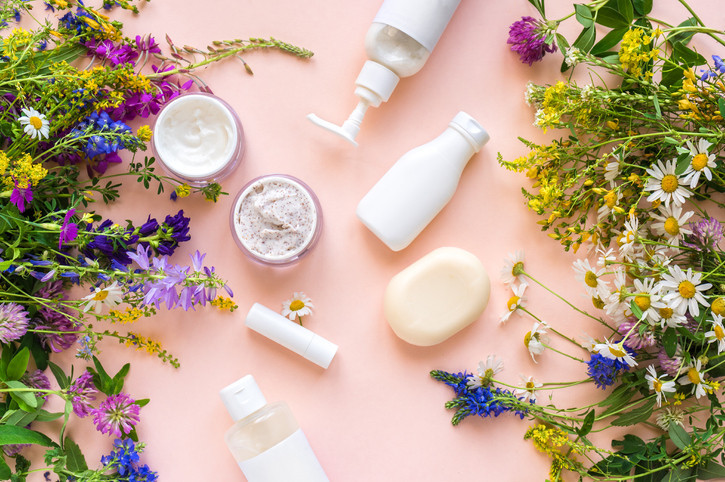Introduction: Why Soap Choice Matters

When it comes to skincare, many people focus on moisturizers, serums, and treatments. But the truth is, one of the most important choices you make every day is your bathing soap. Soap isn’t just for cleansing—it plays a huge role in hydration, skin balance, and long-term skin health. Choosing the best natural soaps for healthy skin ensures you’re nourishing your body instead of stripping it of essential oils.
What Makes Natural Soap Different?
Commercial soaps often contain:
- Synthetic detergents that dry the skin
- Artificial fragrances that irritate sensitive skin
- Parabens and sulfates linked to long-term skin issues
In contrast, natural soaps are:
- Made from plant oils and butters (like coconut, olive, moringa, or shea)
- Free from harsh chemicals
- Rich in glycerin, a natural byproduct of soap-making that attracts water and keeps skin hydrated
In fact, glycerin is often removed from commercial soaps to be sold separately in moisturizers—leaving the soap itself drying. Natural soaps retain glycerin, making them naturally moisturizing.
Key Ingredients in the Best Natural Soaps
1. Moringa Soap
Moringa is called the “miracle tree” for good reason. Its oil is rich in vitamins A, C, and E, which nourish the skin and fight oxidative stress. Moringa soap gently cleanses while improving elasticity and evening out skin tone.
2. Neem Soap
Neem has strong antibacterial and anti-inflammatory properties. It’s especially helpful for acne-prone or sensitive skin. A natural neem bathing soap can reduce pimples and calm irritation while keeping the skin smooth.
3. Shea Butter Soap
Shea butter is deeply moisturizing and rich in fatty acids. Shea soap helps repair the skin barrier, prevent dryness, and keep the skin supple. It’s ideal for people with eczema, psoriasis, or very dry skin.
4. Aloe Vera Soap
Known for its soothing properties, aloe vera provides gentle hydration and relieves redness or itching. Perfect for sensitive or sun-exposed skin.
5. Coconut Oil Soap
Coconut oil soap lathers beautifully and helps remove dirt while nourishing the skin with antimicrobial benefits.
Benefits of Using Natural Soap
Switching to the best natural soaps for healthy skin can bring immediate and long-term improvements:
- Hydration: Retains natural oils and prevents dryness.
- Balanced pH: Supports the skin’s protective acid mantle.
- Gentle cleansing: No harsh chemicals to irritate or strip skin.
- Eco-friendly: Biodegradable and better for the environment.
- Multi-purpose: Safe for face, body, and even sensitive skin types.
How to Choose the Right Natural Soap
When shopping for natural soap, look for:
- Ingredient transparency: Avoid “fragrance” or “parfum” labels.
- Cold-pressed oils: Retain more nutrients for skin.
- No artificial colors: Natural soaps often have earthy, muted tones.
- Handcrafted brands: These often preserve glycerin and avoid fillers.
Check out our main article on How Water Improves Skin Health to see how natural bathing soaps fit into a water-based skincare routine.
Learn more about the benefits of natural soap from Medical News Today, which highlights why plant-based soaps are safer for skin and the environment.
Final Thoughts
Choosing the best natural soaps for healthy skin is a simple yet powerful step in improving your daily skincare routine. Whether you prefer the antibacterial properties of neem, the nourishment of moringa or the hydration of shea butter, natural soaps offer more than just cleansing—they give your skin the gentle care it deserves.
